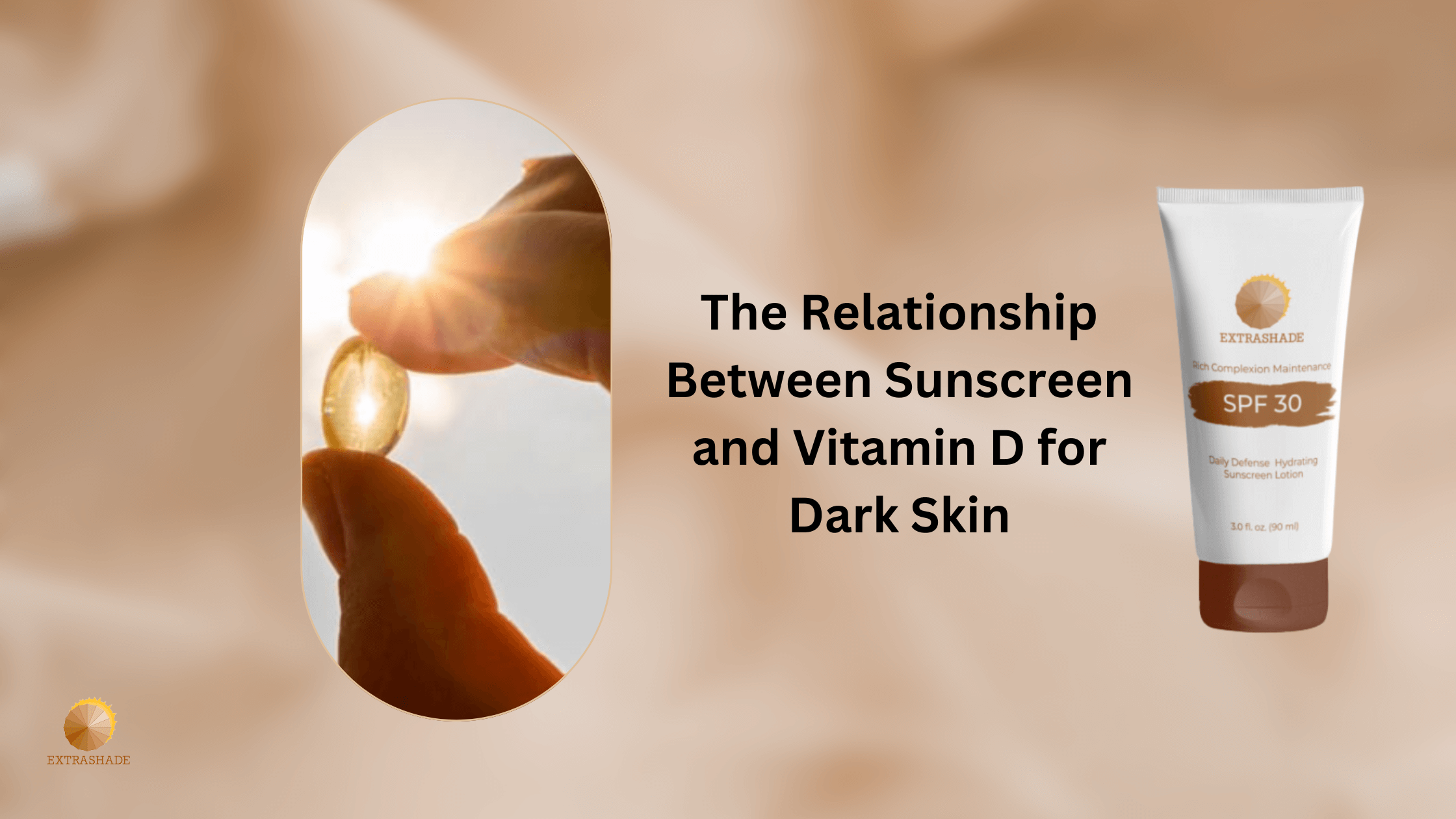Many individuals with dark skin often face a dilemma when it comes to sunscreen use and vitamin D absorption. While sunscreen protects against harmful UV rays, it is believed to potentially limit the body’s ability to produce vitamin D — a crucial nutrient for overall health. For those with dark skin, who already produce less vitamin D due to increased melanin, the concern is even more pronounced.
This uncertainty can create confusion and hesitation about using sunscreen, despite its importance in preventing skin damage and reducing the risk of skin cancer. Not knowing whether to prioritize skin protection or ensure adequate vitamin D levels can be frustrating and worrisome, especially when both are vital to maintaining good health.
By understanding the relationship between sunscreen and vitamin D for dark skin, you can make informed decisions about your skincare routine. Learning how to balance sun protection while maintaining sufficient vitamin D levels will empower you to care for your skin and your overall well-being confidently.
The Relationship Between Sunscreen and Vitamin D for Dark Skin
The complex interplay between sunscreen and vitamin D can be particularly nuanced for individuals with dark skin. While sunscreen is crucial for protecting against harmful UV rays, it can also interfere with the body’s ability to produce vitamin D.
Why Vitamin D is Important
Vitamin D plays a vital role in:
- Bone health: It helps regulate calcium and phosphorus absorption.
- Immune function: It supports the immune system in fighting off infections.
- Mood: Some studies suggest a link between vitamin D deficiency and mood disorders.
The Role of Sunlight in Vitamin D Synthesis
The body primarily produces vitamin D when exposed to sunlight. The UV-B rays from the sun trigger a chemical reaction in the skin that leads to the formation of vitamin D.
Sunscreen and Vitamin D Production
Sunscreen acts as a barrier between the skin and UV rays, protecting against sunburn and skin cancer. However, this barrier can also reduce the amount of UVB radiation that reaches the skin, potentially hindering vitamin D synthesis.
Balancing the Act
The key to balancing sunscreen use and vitamin D production for individuals with dark skin lies in finding the right approach:
- Limited Sun Exposure: While dark skin provides some natural protection against UV rays, excessive sun exposure can still lead to skin damage. Aim for short periods of sun exposure during peak hours when the sun’s rays are strongest.
- Sunscreen with Broad-Spectrum Protection: Choose a sunscreen with broad-spectrum protection that blocks both UVA and UVB rays. This will help protect your skin while allowing for some vitamin D synthesis.
- Dietary Sources of Vitamin D: Supplement your vitamin D intake with foods rich in this nutrient, such as fatty fish (salmon, tuna), fortified dairy products, and egg yolks.
- Consider Testing: If you’re concerned about your vitamin D levels, consult with a healthcare provider for a blood test.
Remember, everyone’s skin is unique, and individual needs may vary. It’s essential to find a balance that protects your skin from harmful UV rays while ensuring adequate vitamin D intake.
Conclusion
For individuals with dark skin, managing the relationship between sunscreen use and vitamin D production requires a careful balance. While sunscreen is essential for protecting against UV damage, it can also inhibit the skin’s ability to synthesize vitamin D, which is already reduced in darker skin due to higher melanin levels.
To maintain optimal health, it’s important to incorporate other sources of vitamin D, such as supplements or vitamin D-rich foods, and consider brief, safe sun exposure when possible. By doing so, individuals with dark skin can protect their skin while ensuring adequate vitamin D levels for overall well-being.

